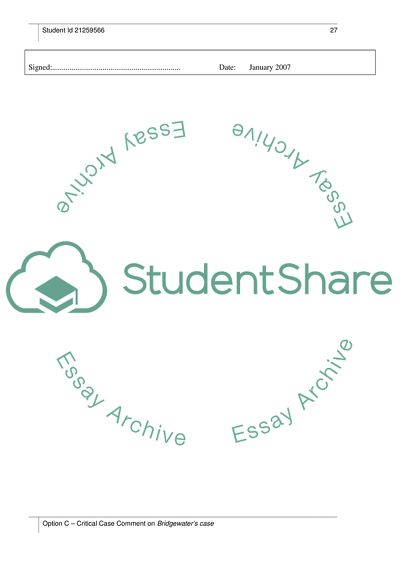Cite this document
(Trials & Witnesses Assignment Example | Topics and Well Written Essays - 3000 words, n.d.)
Trials & Witnesses Assignment Example | Topics and Well Written Essays - 3000 words. https://studentshare.org/law/1705780-trials-witnesses-research-assignment
Trials & Witnesses Assignment Example | Topics and Well Written Essays - 3000 words. https://studentshare.org/law/1705780-trials-witnesses-research-assignment
(Trials & Witnesses Assignment Example | Topics and Well Written Essays - 3000 Words)
Trials & Witnesses Assignment Example | Topics and Well Written Essays - 3000 Words. https://studentshare.org/law/1705780-trials-witnesses-research-assignment.
Trials & Witnesses Assignment Example | Topics and Well Written Essays - 3000 Words. https://studentshare.org/law/1705780-trials-witnesses-research-assignment.
“Trials & Witnesses Assignment Example | Topics and Well Written Essays - 3000 Words”. https://studentshare.org/law/1705780-trials-witnesses-research-assignment.


